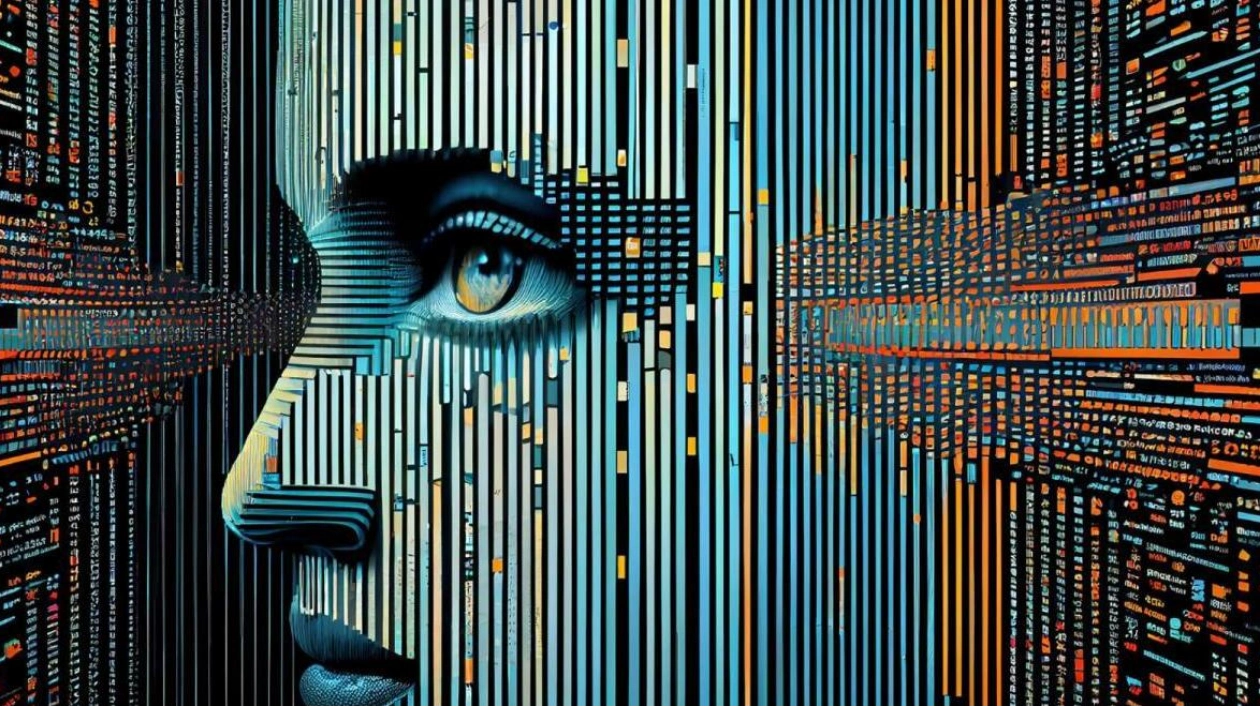As Gen-Zers, the first digital natives, we have naturally become more vocal in our support or opposition to causes related to the Internet and technology. Similar to how everyone has an opinion on ongoing geopolitical crises or climate change, it's crucial to develop robust and multifaceted views about artificial intelligence (AI). A little over a month ago, I discussed hyper-advanced technology and how it hasn't delivered the promised results or benefits. This is my stance on AI—whether it's a generative text bot violating intellectual property rights, identifying disinformation targets, or aiding in surveillance and assassination.
In my daily work, AI primarily sorts traffic key performance indicators or monitors writing styles. Although we seem to be approaching the AI Rubicon, we haven't crossed it yet, and it continues to make lives easier. I can't predict what it will be or when it will happen, but we're nearing a plateau. Whether in manufacturing, food service, custodial services, or news editing, AI is increasingly taking over tasks, often leading to job losses and funding redistribution.
I often lean towards the 'slippery slope' end of the opinion spectrum. I don't need to understand how a large language model (LLM) works to know it can replace my job through the gradual removal of my duties. It's frustrating when peers, especially Millennials, react to AI like panhandling investment bankers who lost billions because they thought the Internet was a fad. Every job is at risk of being taken over by AI, and everyone should be aware of this.
If you disagree with me, that's fine, but provide a counter-argument. Show me cool art, puzzles, or lines of code an LLM made. Great, but you could have hired a human. You should have. This also ties into productivity culture. For argument's sake, if you had a robot do it, you would have saved time and money, but hiring a human artist, cryptographer, or software engineer would have been more fulfilling. Why? Because people understand nuance, can learn and grow, and offer feedback, not just binary answers. An AI only knows what it's told, while you can engage with a person who pays attention to your tone and emotional state.
This is the digital frontier I mentioned in my last column. Not AI itself, setting aside moral and metaphysical implications, but understanding how to use new technology properly.






